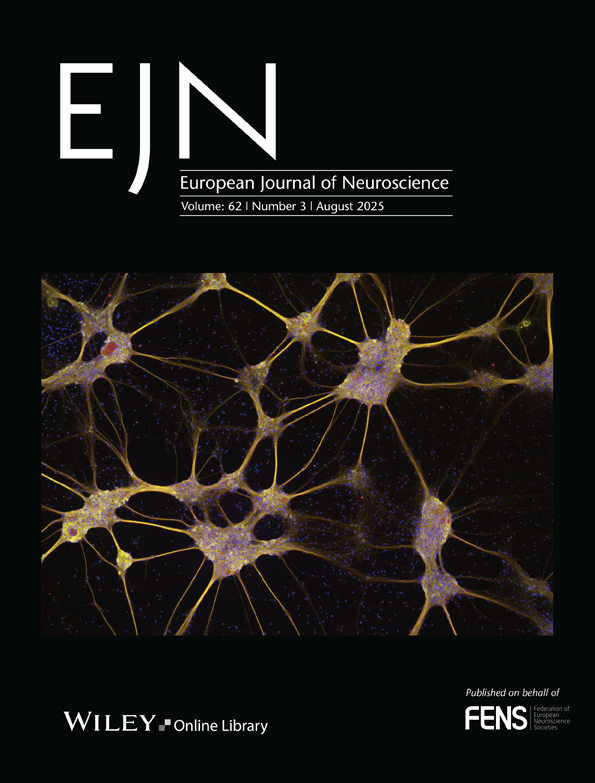Regulation of Rat Schwann Cell Po Expression and DNA Synthesis by Insulin-like Growth Factors In Vitro
Abstract
Myelination by Schwann cells is likely to be regulated in Vitro by positive and negative epigenetic factors. In Vitro, the positive regulation of myelin differentiation, in particular expression of the major myelin protein Po, can be mimicked by cAMP elevating agents, while serum, transforming growth factor (TGF)βs, and fibroblast growth factor (FGF)2 have been shown to exert a negative effect on this differentiation. Growth factors which promote Po induction have not, however, been identified previously. Using a forskolin concentration (0.4 μM) which alone produces little Po mRNA or protein induction, we show that insulin-like growth factor (IGF)-I, IGF-II and high concentrations of insulin promote high levels of Po induction, although in the absence of forskolin they have no effect. Another event related to Schwann cell differentiation, induction of galactocerebroside expression in response to cAMP analogues, is also potentiated by IGFs. In a different context, IGFs regulate Schwann cell DMA synthesis. We find that in defined medium forskolin plus FGF2, TGFβ or platelet-derived growth factor (PDGF) BB causes minimal DNA synthesis in the absence of IGFs and that IGFs act as potent mitogens under these conditions. IGFs also potentiate DNA synthesis induced by β isoforms of neu-differentiation factors (NDFs), although in this case considerable DNA synthesis occurs even in the absence of IGF. These results show that IGFs can act as powerful stimulators of both proliferation and differentiation in Schwann cells, and that the total growth factor input determines which of these pathways IGFs will promote.
Abbreviations:
-
- 8 bromocAMP
-
- 8-bromoadenosine 3′:5′-cAMP
-
- BrdU
-
- bromodeoxyuridine
-
- dbcAMP
-
- N 6, 2′-O-dibutyryladenosine 3′:5′-cAMP
-
- DMEM
-
- Dulbecco's modified Eagle's medium
-
- FGF
-
- fibroblast growth factor
-
- HEPES
-
- N-(2-hydroxyethyl)piperazine-N'-(2-ethanesulphonic acid)
-
- IGF
-
- insulin-like growth factor
-
- MEMH
-
- minimal essential Eagle's medium containing 0.02 M HEPES
-
- NDF
-
- neu-differentiation factor
-
- PDGF
-
- platelet-derived growth factor
-
- PLL
-
- poly-L-lysine
-
- SDS
-
- sodium dodecyl sulphate
-
- SSC
-
- standard saline citrate
-
- TGFβ
-
- transforming growth factor β




